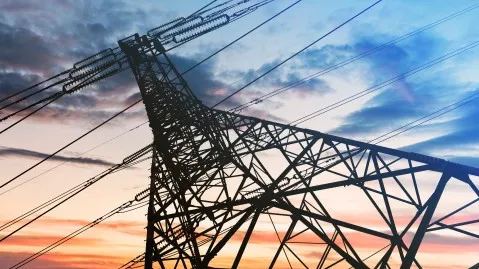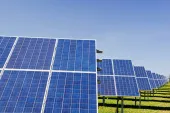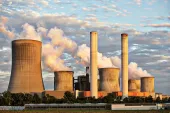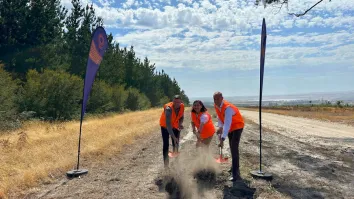
Bangladesh should prioritise grid investment, renewables: IEEFA
Focus on the volatile imported fuels could cause tariff growth.
Bangladesh should focus on grid investment and renewables instead of importing coal and liquified natural gas (LNG) which could fuel higher tariffs which energy consumers would have to shoulder, International Energy Economics and Financial Analysis (IEEFA) said.
In a statement, energy analyst Simon Nicholas said the integrated energy and power master plan being prepared by Bangladesh, funded by the Japan International Cooperation Agency, presents an opportunity for the country to provide a “financially sustainable power system for the long term,” and stop the construction of LNG and coal plants.
“Building domestic low cost clean energy capacity would help improve the eroding financial status of the Bangladesh Power Development Board (BPDB) which is burdened by the country’s capacity over-expansion based on imported fossil fuels,” Nicholas said. “Any further focus on imported volatile fossil fuels is a warning to energy consumers in Bangladesh. Further significant and economically damaging power tariff growth is more than likely."
Nicholas added that the increasing cost of power generation and purchase based on imported coal, LNG, and oil is causing the development board to sink. He noted that from 2020 to 2021, a record high government subsidy was needed to cover the BPDP’s operating loss which doubled from the previous year.
The IEEFA noted that the BPDB in January proposed a bulk power tariff increase of up to 64% to cover a $3.8b (Tk325b) shortfall.
The agency added that the board’s financial status was eroded by the overcapacity in the power system, rising capacity payments provided to underutilised power plants, and the growing reliance on price-volatile imported fossil fuels which led to a 58% rise in costs of independent power producer in 2020 to 2021.
The cost of power purchases of the IPPs accounted for more than 50% of the BPDP’s total operating expenses, the IEEFA said.
“With more IPPs due to come online – and more coal and LNG plants being planned – BPDB’s operating losses can be expected to worsen going forward,” Nicholas said.
“Becoming increasingly dependent on imported fuels such as LNG will result in larger government subsidies to bail out the BPDB’s losses, and large power and gas tariff increases for Bangladesh energy consumers,” he added.
Nicholas also said that the renewable energy ambition of the Sustainable and Renewable Energy Development Authority and the Mujib Climate Prosperity Plan should be part of the power master plan being crafted.
$1 = Tk86.17



















 Advertise
Advertise







